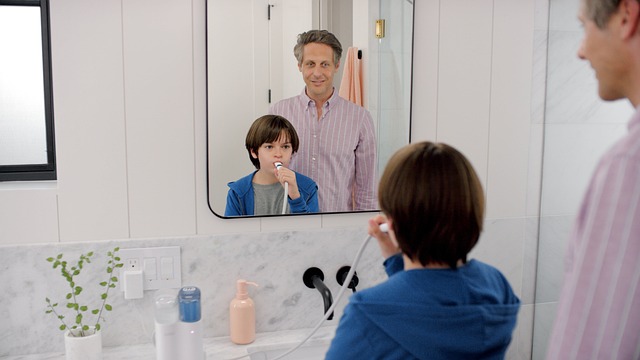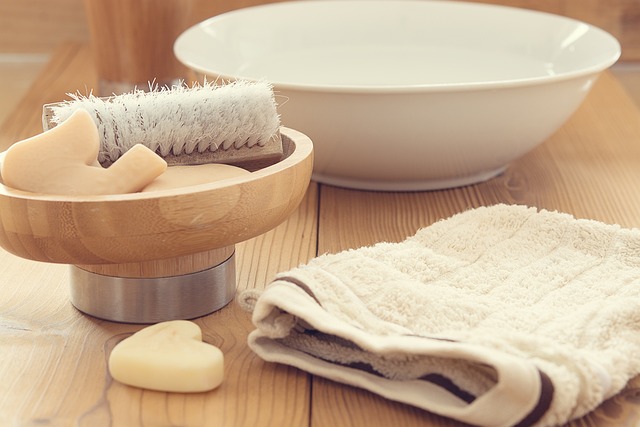Personal hygiene is the practice of keeping yourself clean and well-groomed to maintain good health and prevent the spread of diseases. It includes daily habits such as bathing, washing hands, brushing teeth, and trimming nails. Developing a proper personal hygiene routine is essential for overall well-being and confidence.
Without proper hygiene, you expose yourself to harmful bacteria and viruses that can cause infections, illnesses, and even long-term health problems. Many people struggle with maintaining consistent hygiene habits due to busy schedules, lack of knowledge, or simply neglecting their routine. However, setting up a structured hygiene plan can make a significant difference in your health and lifestyle.
Types of Personal Hygiene
A well-rounded personal hygiene routine covers different aspects of cleanliness and self-care. Below are the essential types of hygiene you should focus on:
1. Toilet Hygiene
- Always wash your hands after using the restroom.
- Scrub your hands with soap for at least 20 seconds.
- Use hand sanitizers (with at least 60% alcohol) if soap and water are unavailable.
2. Shower Hygiene
- Shower at least every other day to remove dirt, bacteria, and excess oil.
- Use a mild soap that suits your skin type.
- Wash your hair 2–3 times a week to prevent scalp buildup.
3. Nail Hygiene
- Trim nails regularly to prevent dirt buildup and infections.
- Use a nail brush to clean underneath your nails.
- Avoid nail-biting, as it spreads germs.
4. Oral Hygiene
- Brush your teeth at least twice a day for two minutes.
- Floss daily to remove food particles and prevent gum diseases.
- Use mouthwash to eliminate bacteria and keep breath fresh.
5. Hand Hygiene
- Wash hands before eating, after handling garbage, and after touching animals.
- Use a moisturizing hand wash to prevent dryness and irritation.
6. Sickness Hygiene
- Cover your mouth when sneezing or coughing.
- Regularly disinfect surfaces to prevent the spread of germs.
- Avoid sharing personal items such as utensils and towels.
Personal Hygiene for Kids
Teaching kids about personal hygiene from an early age sets them up for a lifetime of good habits. Here’s how to introduce hygiene practices to children:
- Brushing Teeth: Start brushing their teeth as soon as the first tooth appears. Encourage independence by age 3 but supervise until age 7.
- Bathing: Teach kids to wash their bodies thoroughly, especially areas like the armpits, groin, and feet.
- Handwashing: Make handwashing fun by singing songs or using colorful soaps.
- Nail Hygiene: Trim their nails weekly and encourage them to clean underneath regularly.

Effects of Poor Hygiene
Neglecting personal hygiene can lead to:
- Increased risk of infections such as flu, diarrhea, and pink eye.
- Bad breath and tooth decay due to poor oral care.
- Skin issues like acne, rashes, and body odor.
- Weakened self-confidence and negative social perception.
By maintaining a consistent personal hygiene routine, you can avoid these issues and feel healthier and more confident.
Creating a Personal Hygiene Routine
1. Set Reminders
If you tend to forget hygiene habits, set reminders on your phone to brush your teeth, shower, or wash your hands.
2. Use Visual Cues
Place notes in the bathroom or kitchen as a reminder to wash hands, floss, or clean your nails.
3. Start Small and Build Up
If establishing a routine feels overwhelming, start with one habit at a time and gradually add more.
4. Choose the Right Products
Use skincare, haircare, and oral hygiene products that suit your needs to make your routine more effective and enjoyable.
5. Make Hygiene a Habit, Not a Chore
Engage in self-care rituals that make hygiene enjoyable, such as using scented soaps, playing music while showering, or using a skincare routine you love.
Frequently Asked Questions
1. How often should I shower?
It depends on your skin type and lifestyle, but generally, showering every other day is sufficient. If you sweat a lot, shower daily.
2. What’s the best way to prevent bad breath?
Brush twice a day, floss regularly, and drink plenty of water to keep your mouth hydrated.
3. How can I encourage my child to maintain hygiene?
Make hygiene fun by using colorful products, reward systems, or educational videos.
4. Can poor hygiene affect my mental health?
Yes, poor hygiene can lead to low self-esteem, anxiety, and even social isolation. Maintaining hygiene can boost confidence and improve overall well-being.
Takeaway
Developing a personal hygiene routine is essential for staying healthy, looking fresh, and feeling confident. Simple habits like regular handwashing, brushing your teeth, and keeping your nails clean can go a long way in preventing illnesses and improving self-esteem. If you’re looking for more self-care and hygiene tips, visit Venzec.icu for expert advice and product recommendations.
Make hygiene a priority today, and enjoy the benefits of a clean, healthy lifestyle! 🚿🦷✨










Leave a Reply